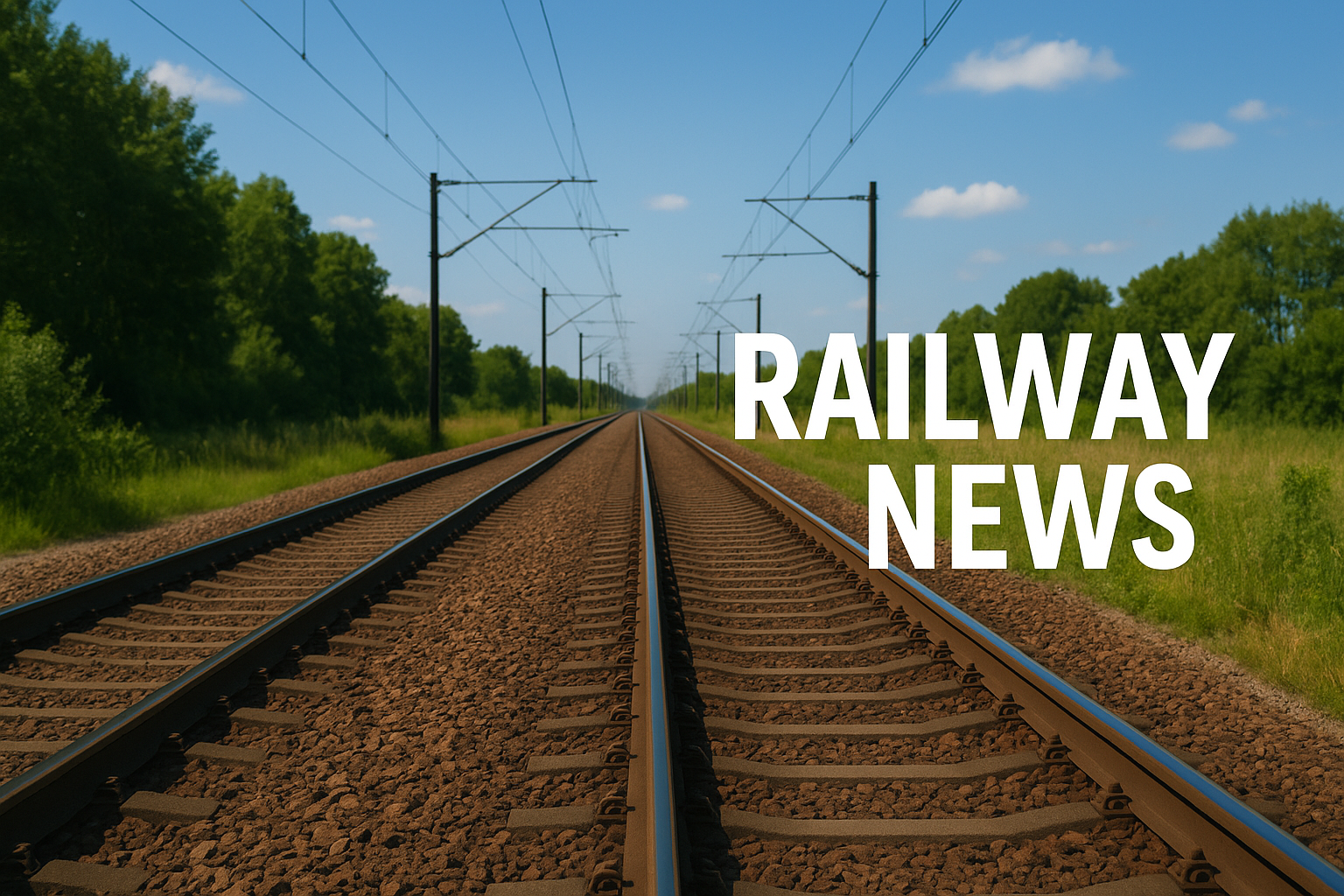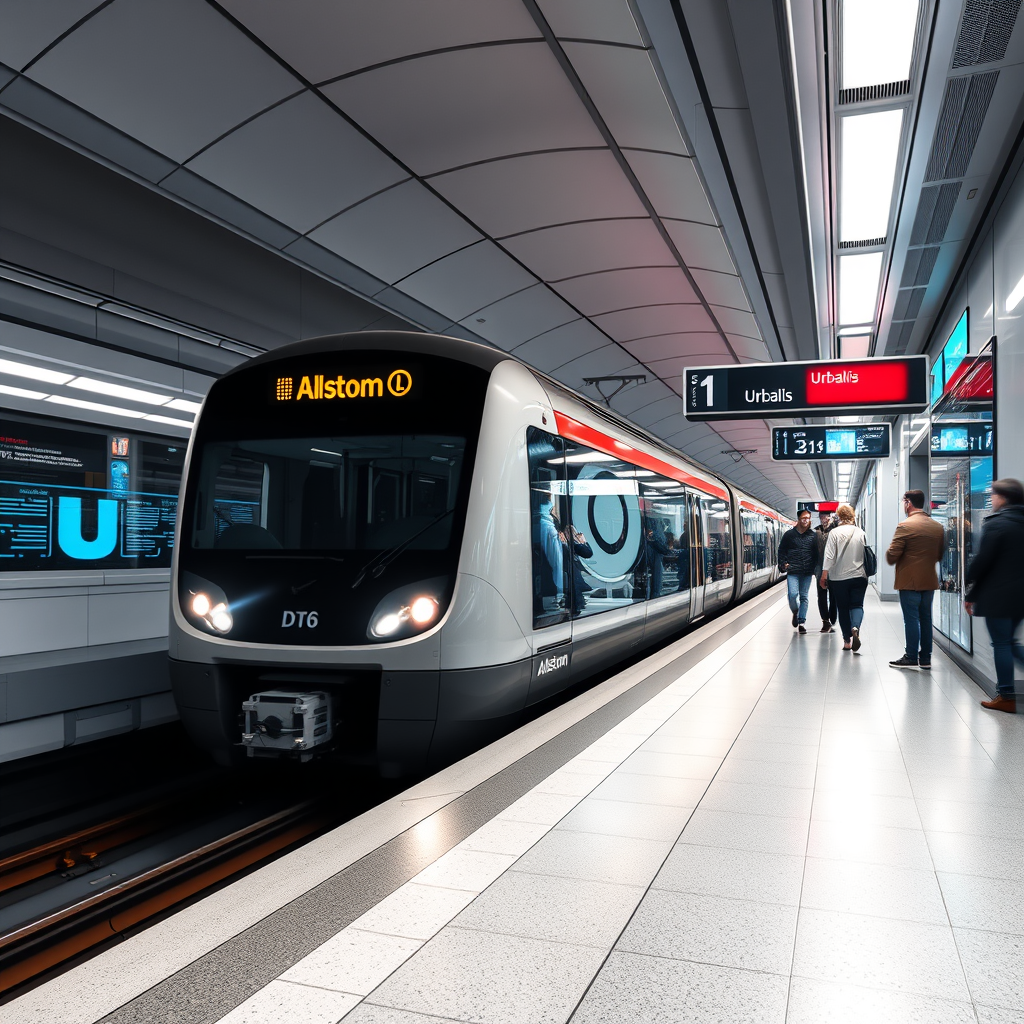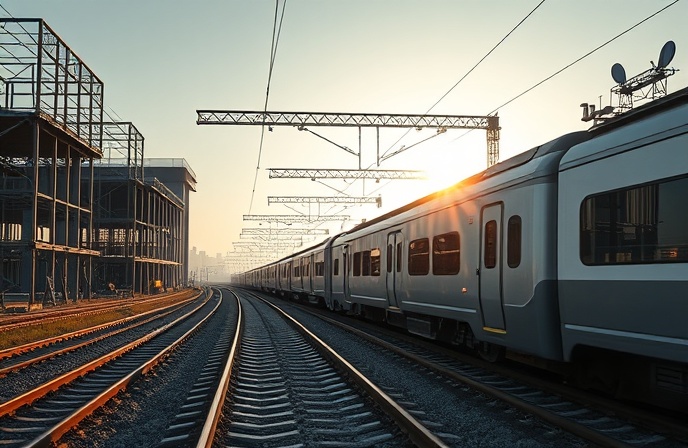RZD to Switch to Electronic Processing of Customs Operations Before 2020
Russian Railways JSC continues work on the project to switch to paperless technologies in processing all customs operations for railway transport, Alexey Shilo, Director for Commercial Activities of Russian Railways JSC and CEO of the Center for Commercial Transport Services, said today at the ‘Competitive Customs Regulation: Best Practices of the APR’ panel session of the Eastern Economic Forum in Vladivostok.

Russian Railways JSC continues work on the project to switch to paperless technologies in processing all customs operations for railway transport, Alexey Shilo, Director for Commercial Activities of Russian Railways JSC and CEO of the Center for Commercial Transport Services, said today at the ‘Competitive Customs Regulation: Best Practices of the APR’ panel session of the Eastern Economic Forum in Vladivostok.
He noted that the introduction of the Single Window system could serve as one of the measures to simplify trade procedures and to establish the basis for paperless technology. The implementation of this mechanism will reduce the complexity of international cargo shipping and will drastically cut administrative procedures periods and general costs for participants of foreign trade.
“Since 2014, the interaction between Russian Railways and the Federal Customs Service of Russia has been implemented based exclusively on electronic data and documents interchange down the Finland-Russia services. Now we spend 15 minutes per train for customs clearance procedures at railway border crossings instead of one hour,” said Alexey Shilo.
According to him, Russian Railways cooperated with the Federal Customs Service of Russia, the Federal Tax Service of Russia and participants in foreign trade activities in running an experiment where the technology of electronic document exchange between all participants from the moment of loading of export cargo till its delivery was implemented, as well as during the subsequent confirmation if the zero rate VAT and the exporter’s right to get the VAT refund are applicable. The experiment demonstrated that the electronic document management system accelerates and simplifies all processes of customs and tax administration and will be in demand in everyday activities of Russian businesses.
In his presentation, Alexey Shilo covered the issue of simplification of administrative formalities for the Primorie-1 and Primorie-2 international transport corridors performing cargo transit of goods across the Russian Federation through the ports of the Far East to the ports of southern China and other countries of the Asia-Pacific Region.
In particular, he noted that at present the government bodies are approving the technology to ship such goods where control customs operations will be performed only at departure points (seaports), eliminating the need for such operations at railway border crossings and will radically reduce overall time for the transit cargo transportation.
“The adoption of the electronic data exchange system with the Chinese Railways will facilitate the full-scale implementation of the transit potential of ITCs Primorie-1 and Primorie-2, which will allow the digitization of customs procedures at crossings on the Russian-Chinese border,” stressed Alexey Shilo.
According to Mr.Shilo, all activities carried out by Russian Railways together with federal government executive bodies and participants in foreign economic activities are aimed at eliminating barriers to business and facilitating the simplification of transportation procedures, contributing favorable conditions for the development of cross-border trade, increasing investment potential, including for the Far Eastern region of the Russian Federation.





